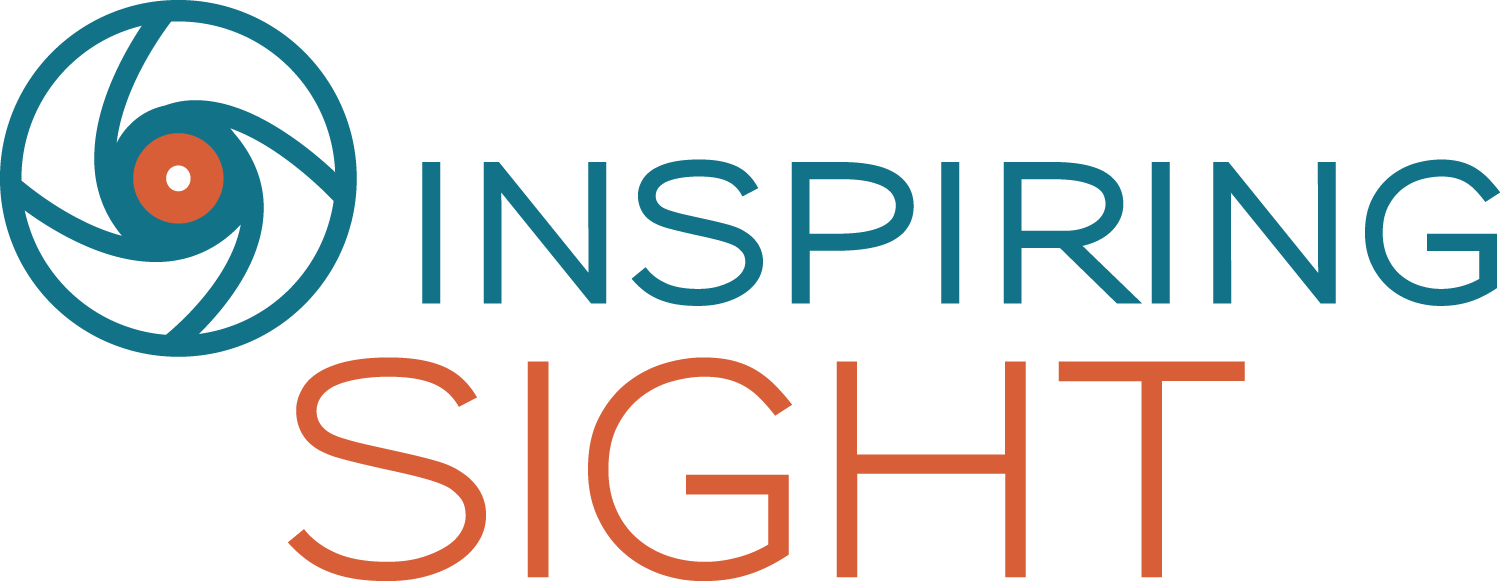Need to Find a Good Coach? Make Sure They Have Emotional Intelligence
If you didn’t think emotional and social intelligence were important before, you would have had no doubt by the time you left ICF Minnesota’s professional development event on May 28th at the Metropolitan Ballroom. Over 70 professional coaches were inside on a beautiful spring evening eager to learn how to advance their coaching competencies and profession.
The topic—It’s One Thing to Have Emotional Intelligence but How Do You Coach With It. The presenters--two women with decades of experience coaching and developing leaders. Lisa Griebel, Crescendo, Inc. and Robin Stubblefield, Vitalize Consulting, LLC, demonstrated through case studies, scenarios, and problem solving that emotional intelligence is not an optional competency for great coaches. The impact of emotional intelligence couldn’t have been better articulated than when attendees shared their own experiences of working with great coaches vs. working with not-so-great coaches.
When attendees were asked how they felt when working with a great coach, they said things like: Empowered, supported, seen, recognized, loved and safe.
Contrast that with how they felt when working with a not-so-great coach: Abandoned, emotionally deserted, stuck, left behind, demoralized, unseen and unheard.
Emotional and social intelligence is most easily understood as a person’s ability to be aware of their emotions, and what triggers those emotions so they can be managed. The EQi-2.0 assessment is not a personality typing tool but the first validated tool for understanding one’s emotional intelligence competencies in the following five areas: 1) Self-perception, 2) Self-expression, 3) Interpersonal, 4) Decision-making, & 5) Stress Management.
Once you understand your emotional intelligence levels, a simple cue for reminding you to continue growing your competencies can be found in ATM—Awareness-Trigger-Manage.
To leverage one’s assessment results to the fullest extent, it should be debriefed with a certified coach. It is important to note--knowing one’s overall score does not tell the whole story. To really leverage the wisdom of the assessment, learning to balance one’s low and high areas of emotional and social intelligences is where the magic lies.
GREAT COACHES open-up their clients’ peripheral vision by reaching their neo-cortex, the executive center of the brain. When a person is in a calm and safe space, they become more inviting of new ideas and are more open and supportive. The impacts of emotionally intelligent coaches for clients is growth, an increased ability to take risks, more likely to interact with others in a similar way and more connected.
The NOT-SO-GREAT COACHES trigger the clients’ ‘reptilian’ part of the brain, more formally known as the Limbic System. When the Limbic System is charged up, people go on the defense and search for threats – their perspective and focus begin to narrow, they become unable to think of other possibilities and confirm the story in their mind that they are right.
When our presenters, Griebel and Stubblefield, were asked what drew them to the EQi-2.0 assessment tool, Griebel said, it was the first tool backed by research and validated, both extremely important to her as a practitioner, trainer and coach. For Stubblefield, the attraction was based on her work with clients. Her experiences confirmed for her that many of the challenges in the workplace or in relationships were grounded in a person’s awareness of and ability to manage their emotional and social selves.
The session ended with attendees reviewing a case study to demonstrate how the EQi-2.0 tool can be utilized in one’s coaching practice. In-line with a typical coaching session, attendees could choose to commit to their own self-work by identifying one to two areas of their emotional intelligences they were willing to develop.
ICF Minnesota exists to cultivate a community of coaches and advance the coaching profession through professional development, networking and adherence to ICF professional and ethical standards. The next event, 10 Ways to Leverage your LinkedIn Profile to Generate Revenue, is a webinar which will be held on Thursday, June 20th, Register, learn more, or become a member at, www.icfminnesota.org.

